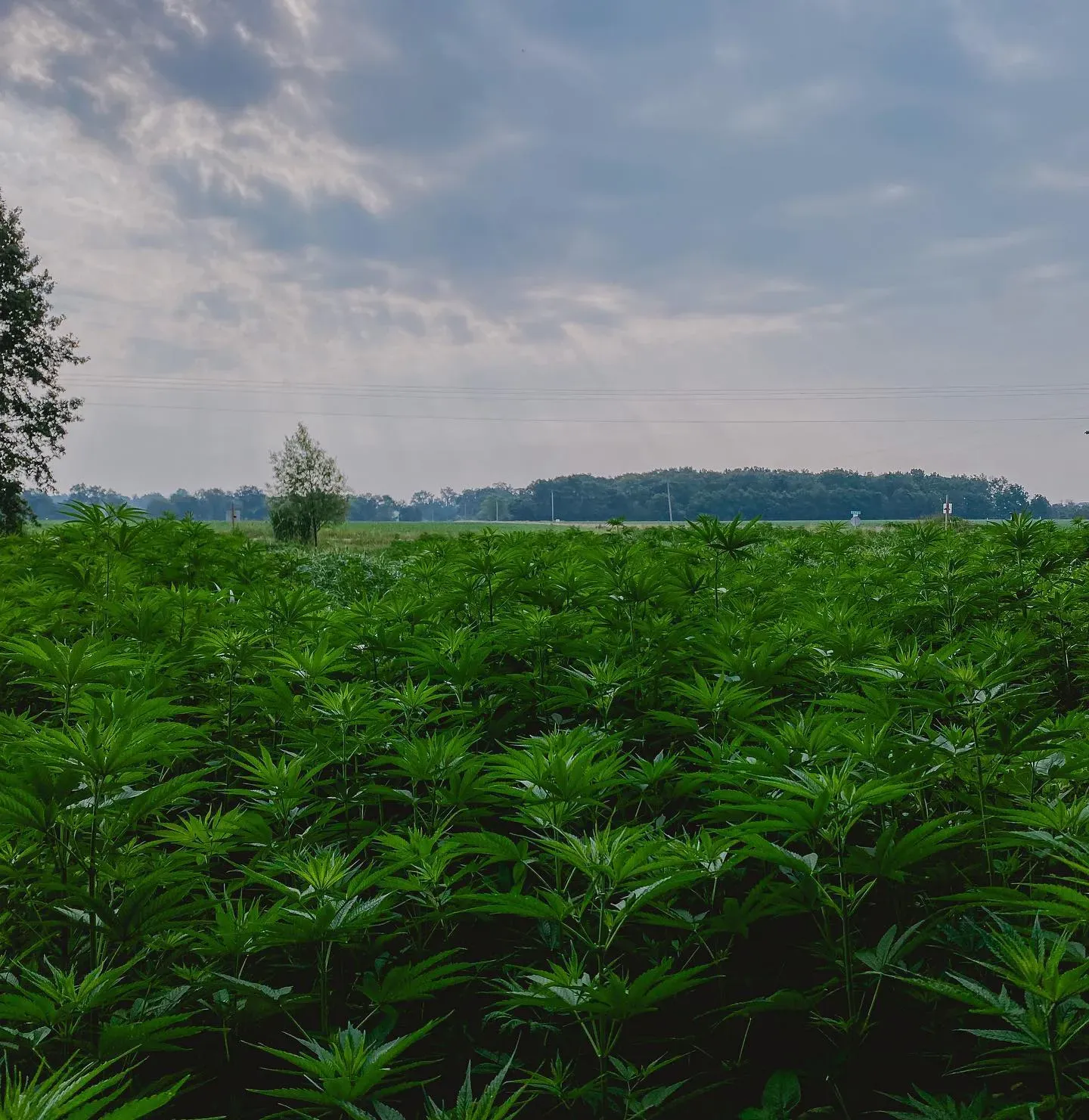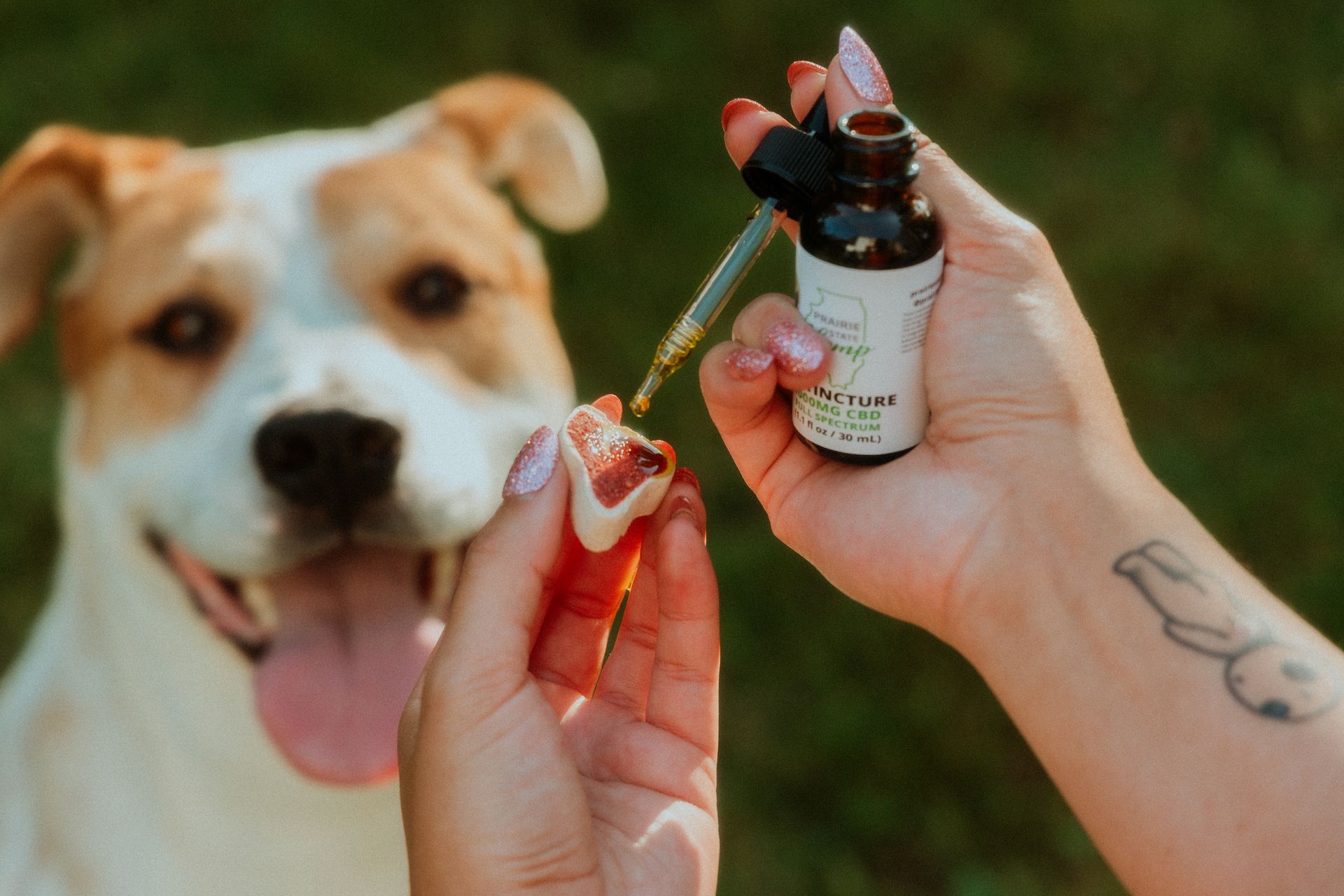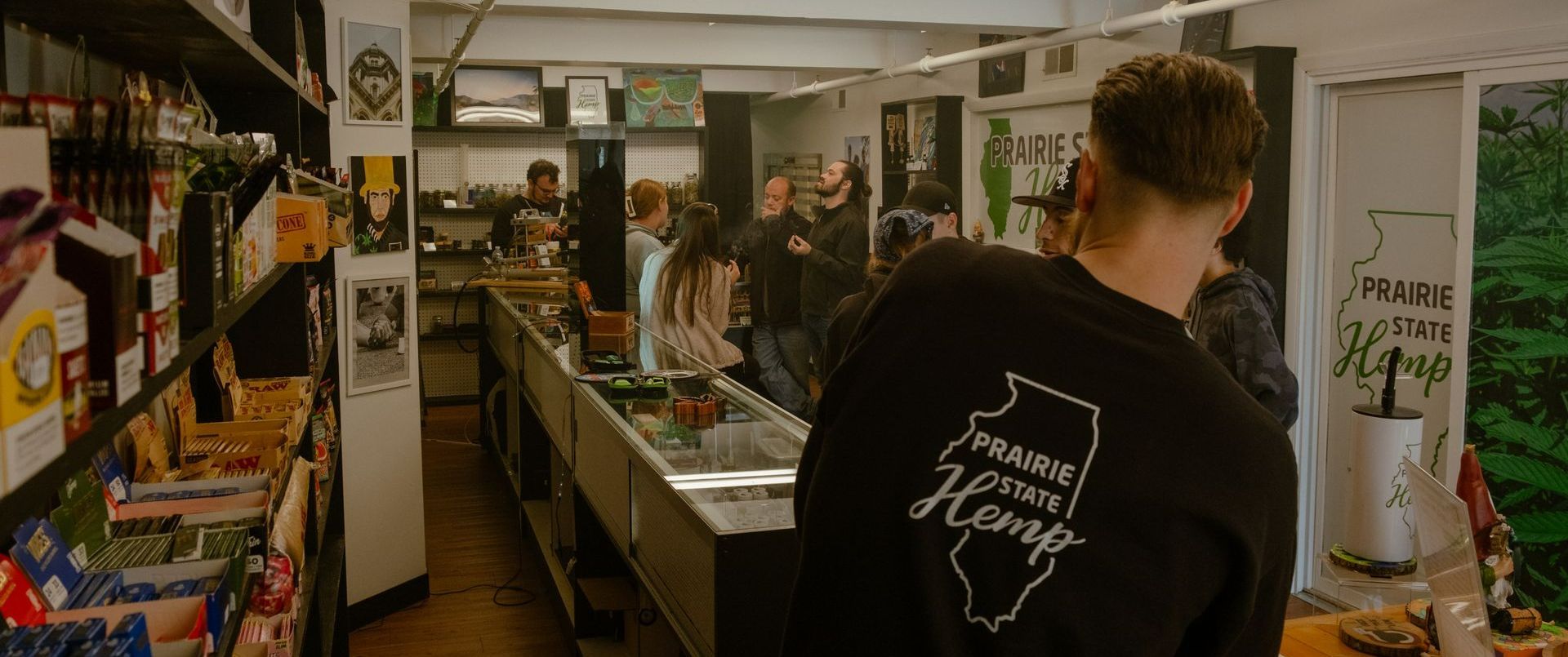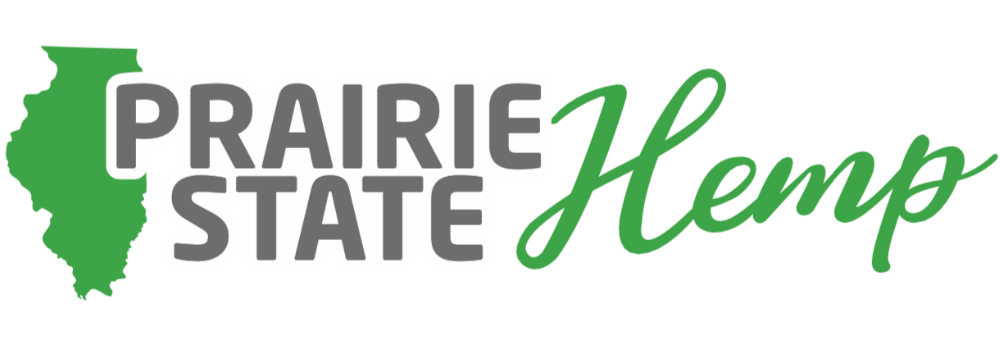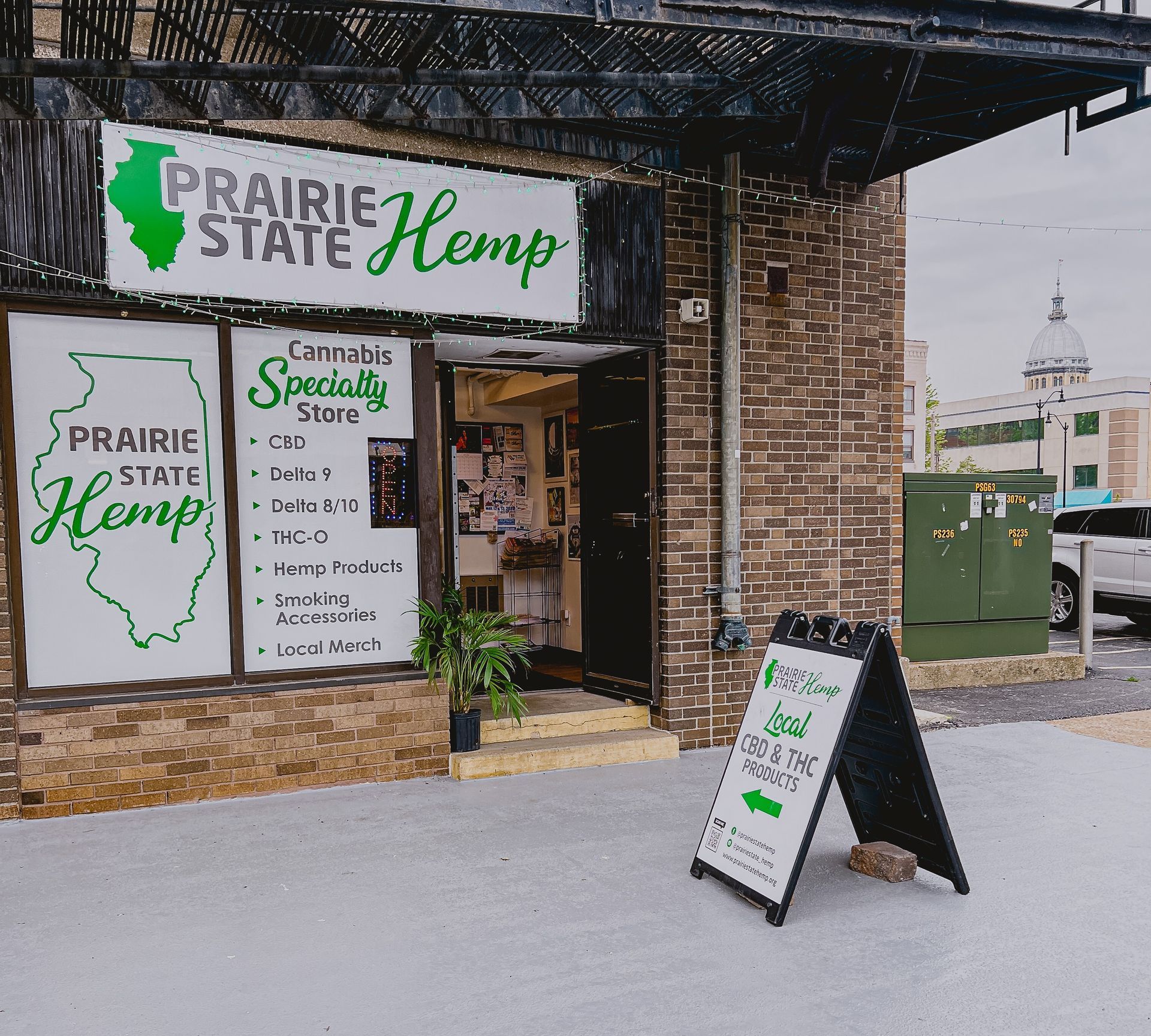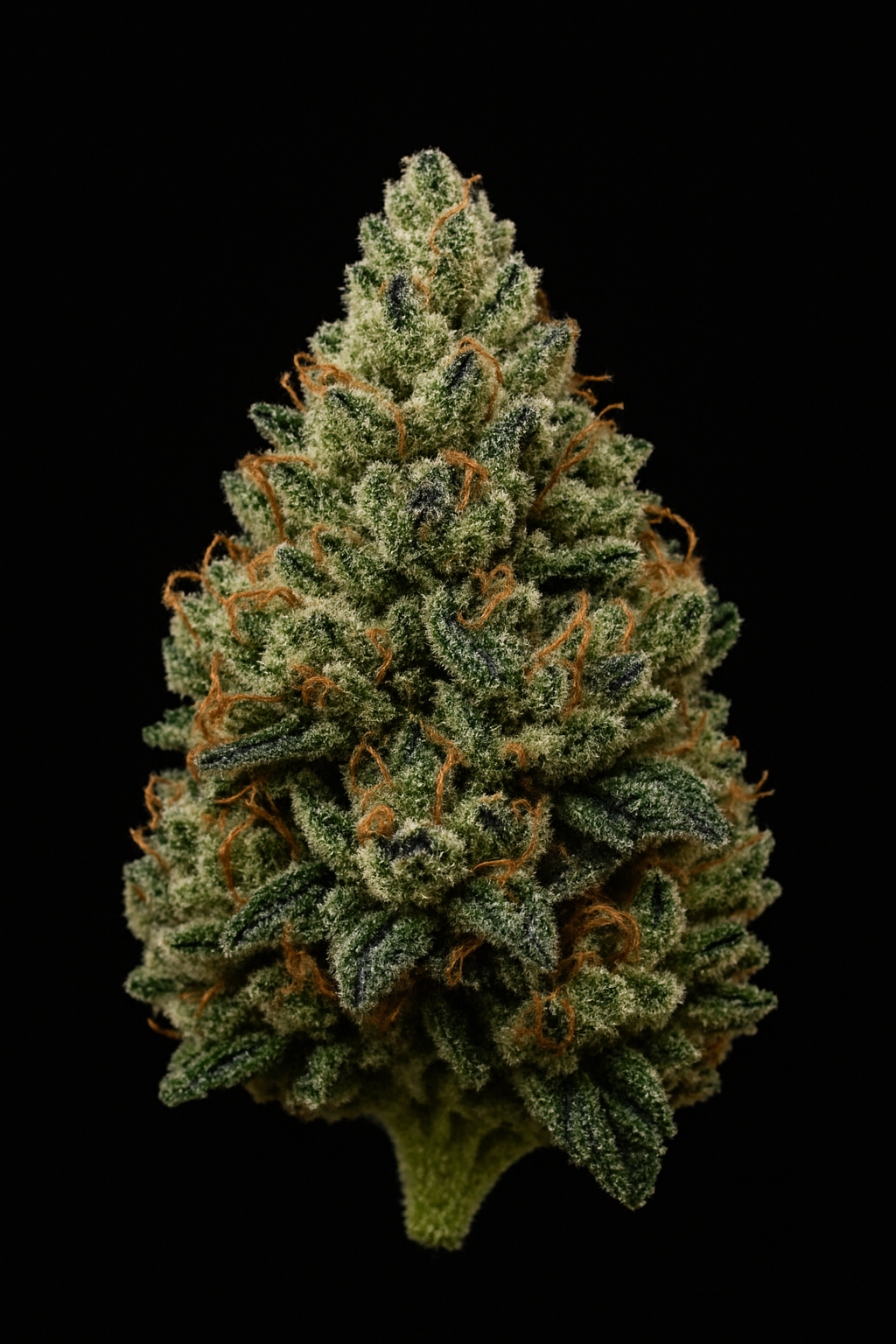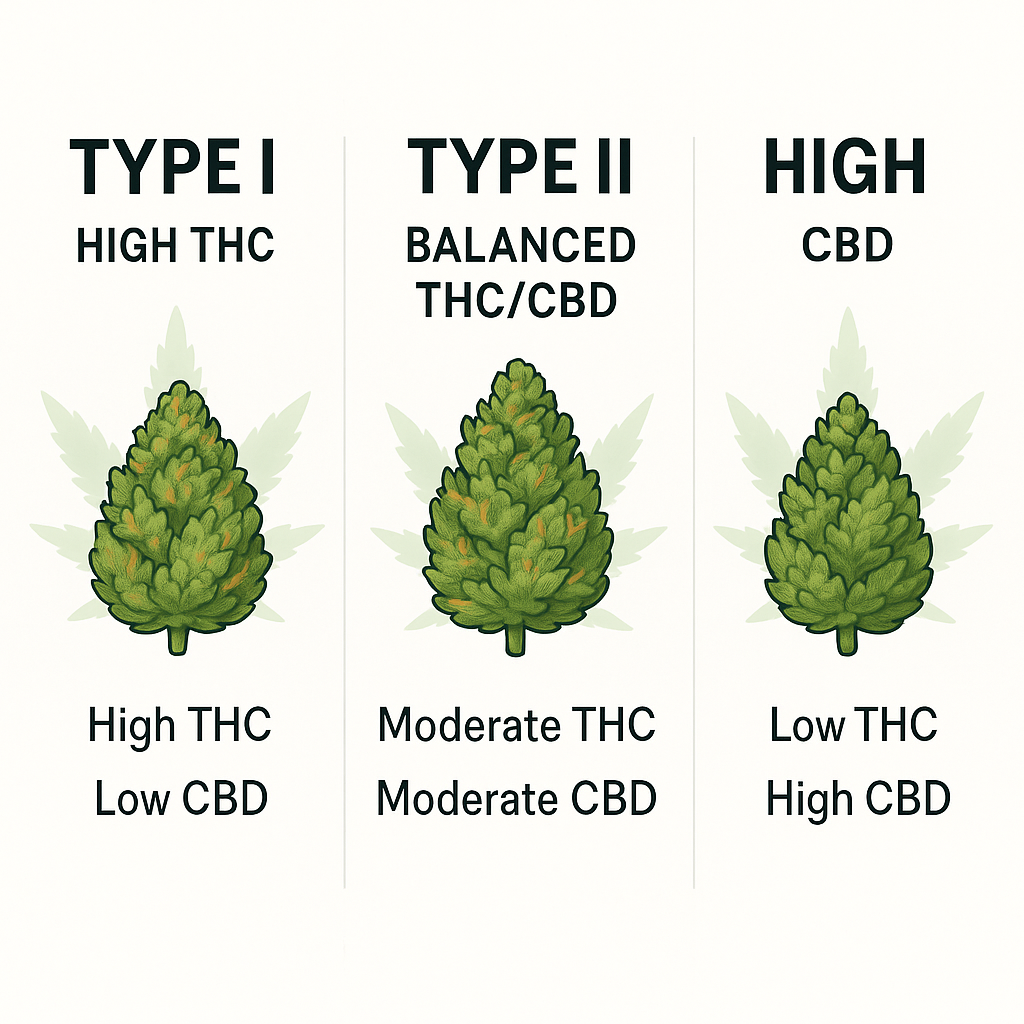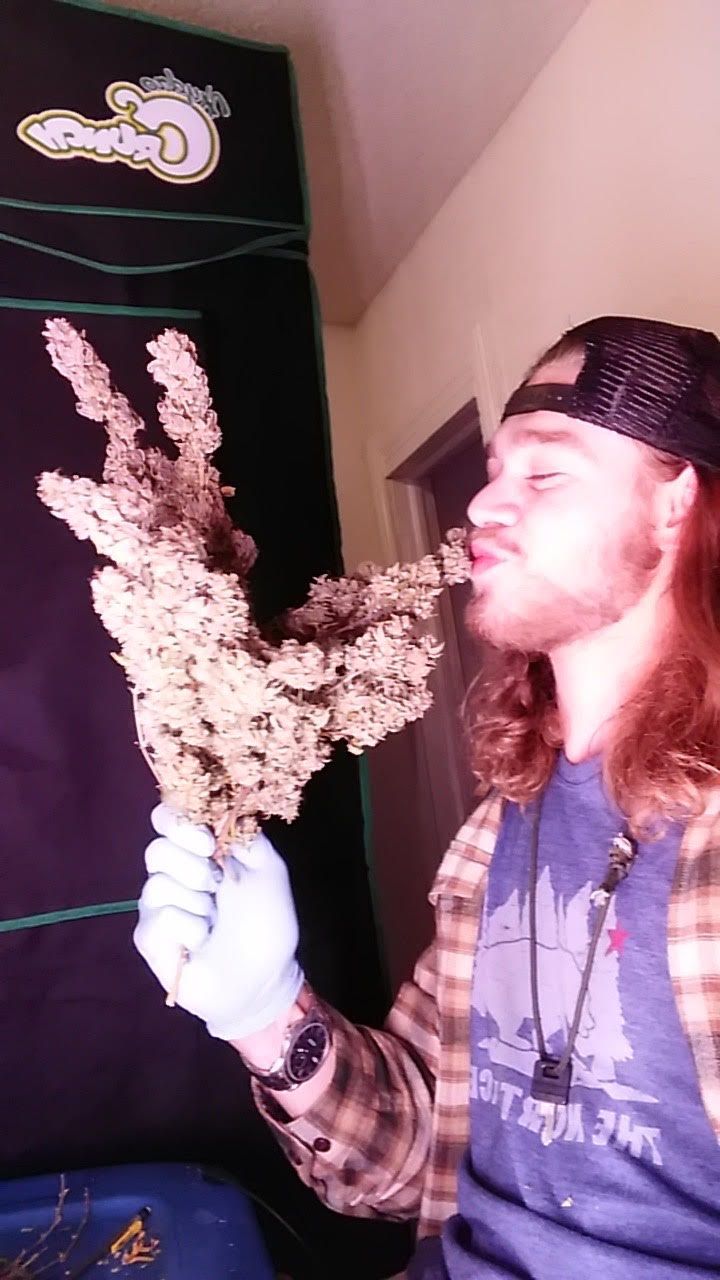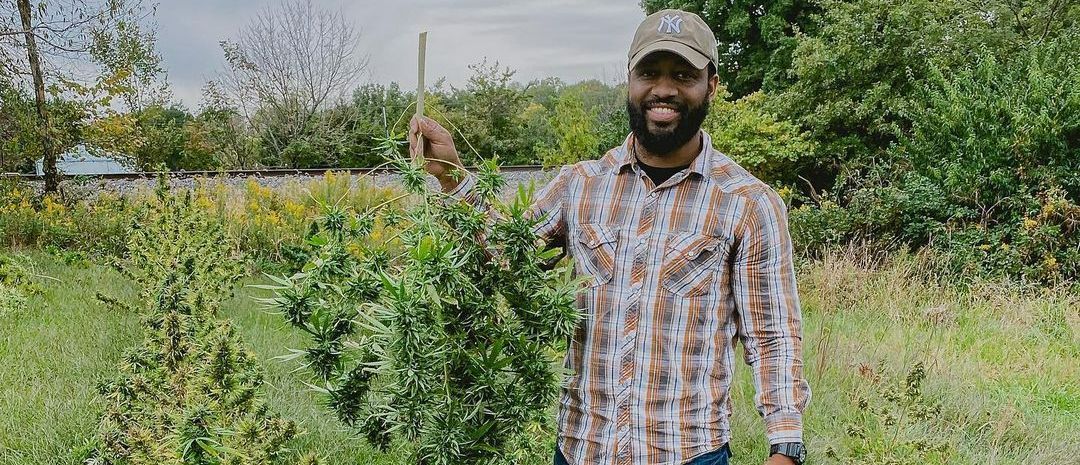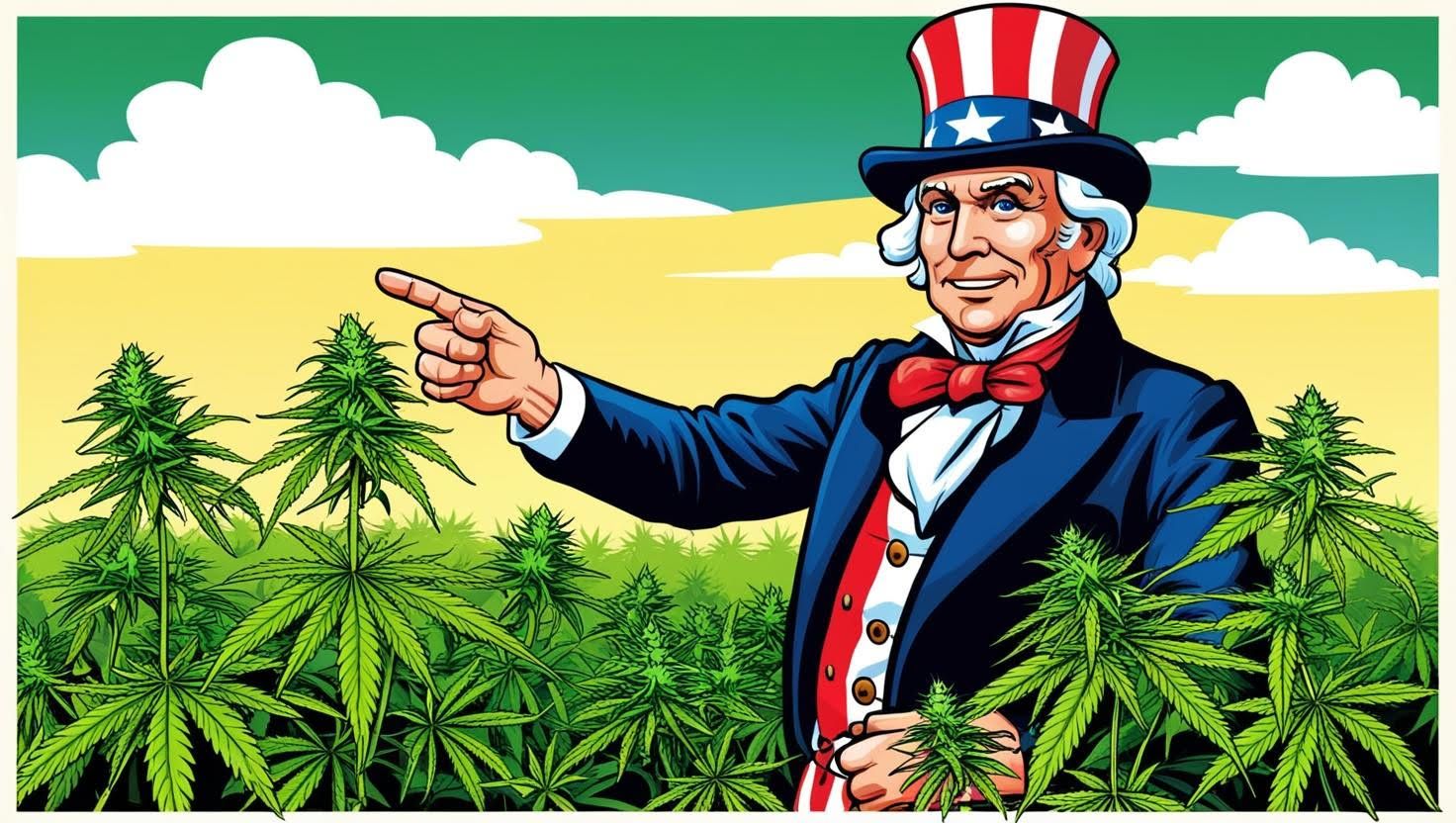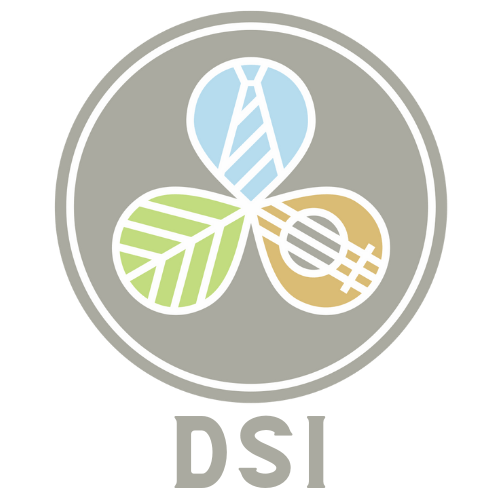The Law of Supremacy: 2018 Farm Bill vs. State Laws Restricting Hemp
The Law of Supremacy: Understanding Federal Legality of THCa, Hemp Flower, and the 2018 Farm Bill
The hemp industry in the United States has undergone a transformation since the passage of the 2018 Farm Bill, but questions surrounding the legal status of hemp-derived products like THCa and hemp flower persist. At the heart of these debates lies the law of supremacy, which dictates how federal and state laws interact. This blog dives into the legal framework, highlighting how federal law governs hemp products, including THCa, and the implications for businesses and consumers.
What Is the Law of Supremacy?
The Supremacy Clause, found in Article VI of the U.S. Constitution, establishes that federal law takes precedence over state laws when the two are in conflict. This principle ensures uniformity across the country, particularly in industries regulated at the federal level, such as agriculture and controlled substances.
For the hemp industry, the Supremacy Clause becomes crucial in clarifying the legality of products like hemp flower and THCa, especially as individual states impose restrictions or adopt contradictory regulations.
The 2018 Farm Bill: A Federal Framework for Hemp
The 2018 Farm Bill marked a pivotal moment for the hemp industry. Here’s what it established:
Definition of Hemp: The bill defines hemp as any part of the cannabis plant (including seeds and derivatives) containing less than 0.3% Delta-9 THC on a dry weight basis. This distinction is critical as it separates hemp from marijuana, which remains federally illegal.
Legalization of Hemp: The bill legalized hemp and its derivatives (including cannabinoids like CBD and THCa) under federal law, removing them from the Controlled Substances Act (CSA).
State Oversight with Federal Boundaries: States can regulate hemp production within their borders but must align with federal standards. State laws cannot prohibit the transportation of federally compliant hemp products across state lines.
THCa and Hemp Flower: Federal Legal Status
What Is THCa?
Tetrahydrocannabinolic acid (THCa) is a non-psychoactive compound found in raw cannabis. When heated (e.g., smoked or vaped), THCa converts into Delta-9 THC, the psychoactive component associated with marijuana. However, in its raw form, THCa is non-intoxicating and has become a subject of interest for medical and recreational hemp users.
Are THCa and Hemp Flower Legal Under Federal Law?
Under the 2018 Farm Bill:
Hemp flower is federally legal if it contains less than 0.3% Delta-9 THC on a dry weight basis. This includes raw flower sold for smoking, vaping, or other uses.
THCa content is not explicitly regulated, as the law focuses on Delta-9 THC levels. This creates a gray area where high-THCa hemp flower can be sold legally, provided the Delta-9 THC levels remain below the 0.3% threshold.
Challenges from State Laws
Despite the federal framework, state laws vary significantly:
Some states ban or heavily regulate smokable hemp flower, citing concerns about enforcement challenges and its similarity in appearance to marijuana.
States may adopt stricter THC thresholds or limit the sale of THCa-rich products, creating conflicts with the federal standard.
In such cases, the law of supremacy plays a critical role. Federal law, as established by the 2018 Farm Bill, overrides state prohibitions that conflict with the national standard for hemp products. However, states retain the authority to regulate how hemp is grown, sold, or marketed within their borders.
Key Legal Questions for THCa and Hemp Flower
Does THCa Violate Federal THC Limits?
The 2018 Farm Bill focuses exclusively on Delta-9 THC content. As long as a product remains compliant with the 0.3% Delta-9 THC threshold, it is federally legal, regardless of THCa levels. This has led to the emergence of THCa-rich hemp flower as a legal product in many markets.
Can States Ban Federally Compliant Hemp Products?
The short answer is NO (For now). Under the Supremacy Clause, states cannot outright ban the transportation or sale of federally legal hemp products. However, states can regulate these products more strictly, complicating market access for businesses and creating legal uncertainty. (This protection is only applicable under the 2018 farm bill. Once the farm bill expires legality is uncertain)
The Path Forward for the Hemp Industry
The ongoing evolution of hemp laws highlights the tension between federal standards and state regulations. For businesses and consumers:
Compliance is Key: Ensure products meet federal definitions of hemp, with lab testing to confirm Delta-9 THC levels.
Understand State Laws: While federal law sets the baseline, businesses must navigate state-specific regulations to avoid penalties.
Advocate for Clarity: Industry stakeholders can work with lawmakers to harmonize state and federal policies, fostering growth and reducing confusion.
Conclusion
The law of supremacy ensures that the federal framework established by the 2018 Farm Bill governs the legality of THCa, hemp flower, and other hemp-derived products. Under the Supremacy Clause, states cannot outright ban the transportation or sale of federally legal hemp products. However, states can regulate these products more strictly, complicating market access for businesses and creating legal uncertainty.
Understanding the nuances of federal and state laws is essential for ensuring that hemp remains an accessible, legally protected commodity across the United States.
Do you have questions about hemp laws or need help navigating compliance? Contact us at Prairie State Hemp—we’re here to help!
References:
Law Of Supremacy:
https://constitution.congress.gov/browse/essay/artVI-C2-1/ALDE_00013395/
2018 Farm Bill:
https://www.congress.gov/115/plaws/publ334/PLAW-115publ334.pdf
TN Hemp Shop Wins Settlement Following Raid:
https://tennesseelookout.com/briefs/tennessee-hemp-businesses-win-735k-settlement-over-illegal-seizures/#:~:text=The%20state%20of%20Tennessee%20and,an%20attorney%20representing%20the%20businesses.
